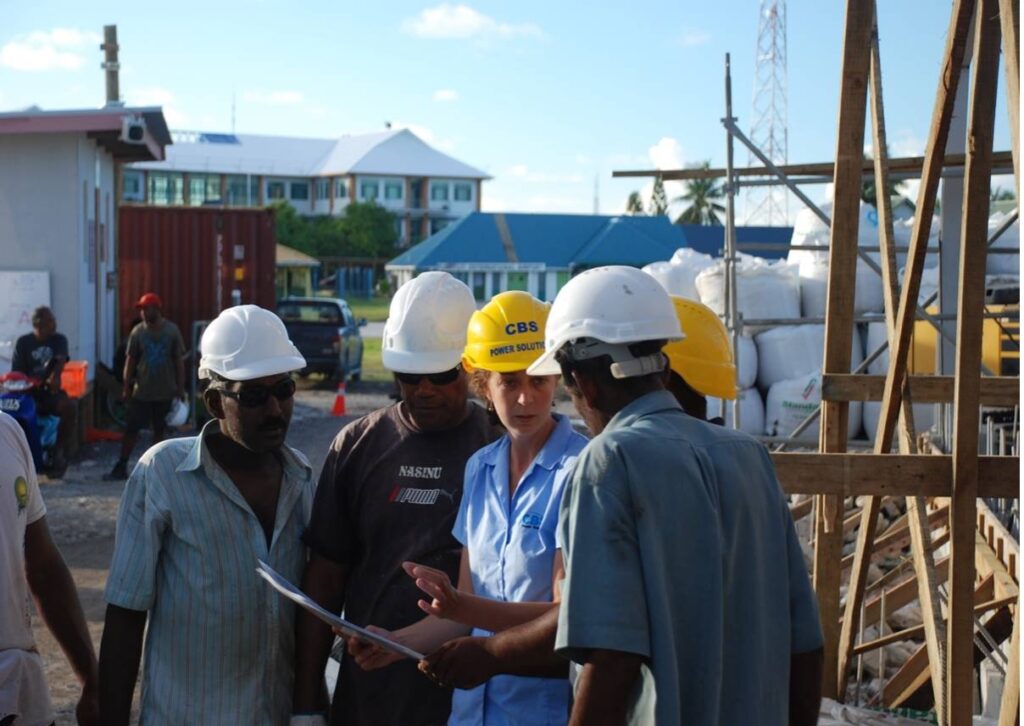ASIAN DEVELOPMENT BANK
INCREASING ACCESS TO RENEWABLE ENERGY PROJECT



Irant funded IAREP (Increasing Access to Renewable Energy Project). The project has been categorised by ADB as Effective Gender Mainstreaming, so equality issues will inform planning and progress throughout. Recruitment of local staff, consultations, and preparations for construction of the project are now in early stages.

The ADB understands some of the energy challenges faced by people in Tuvalu, and is seeking to help by improving:
- Electricity cost and pricing structure
- The availability, reliability, and quality of electricity when and where it is needed
- Social and gender considerations in electricity demand decision making
- Safeguards around managing the environmental impacts of the project construction and electricity provision
- Long-term climate resilience of electrical power systems
- Engagement with local communities around the project benefits and impacts
- Project management and development capacity through training by international experts
| Project Execution | Ministry of Finance |
| Project Implementation | TEC with oversight from Ministry of Transport, Energy and Tourism |
| Construction Contractor | CBS Power Solutions |
| Construction Supervision | Elemental Group |
“When the Sun goes down, TEC comes to Light.”
– Tuvalu Electricity Corporation

Opening Hours
Monday – Friday
9am – 3pm
9am – 3pm
Enquiries:
+(688) 20 357 / 20 358
After Hours:
+(688) 20 350
+(688) 20 357 / 20 358
After Hours:
+(688) 20 350
General Manager
mlotolua@tectuvalu.tv | mafaluloto2@gmail.com
+(688) 20 531
mlotolua@tectuvalu.tv | mafaluloto2@gmail.com
+(688) 20 531